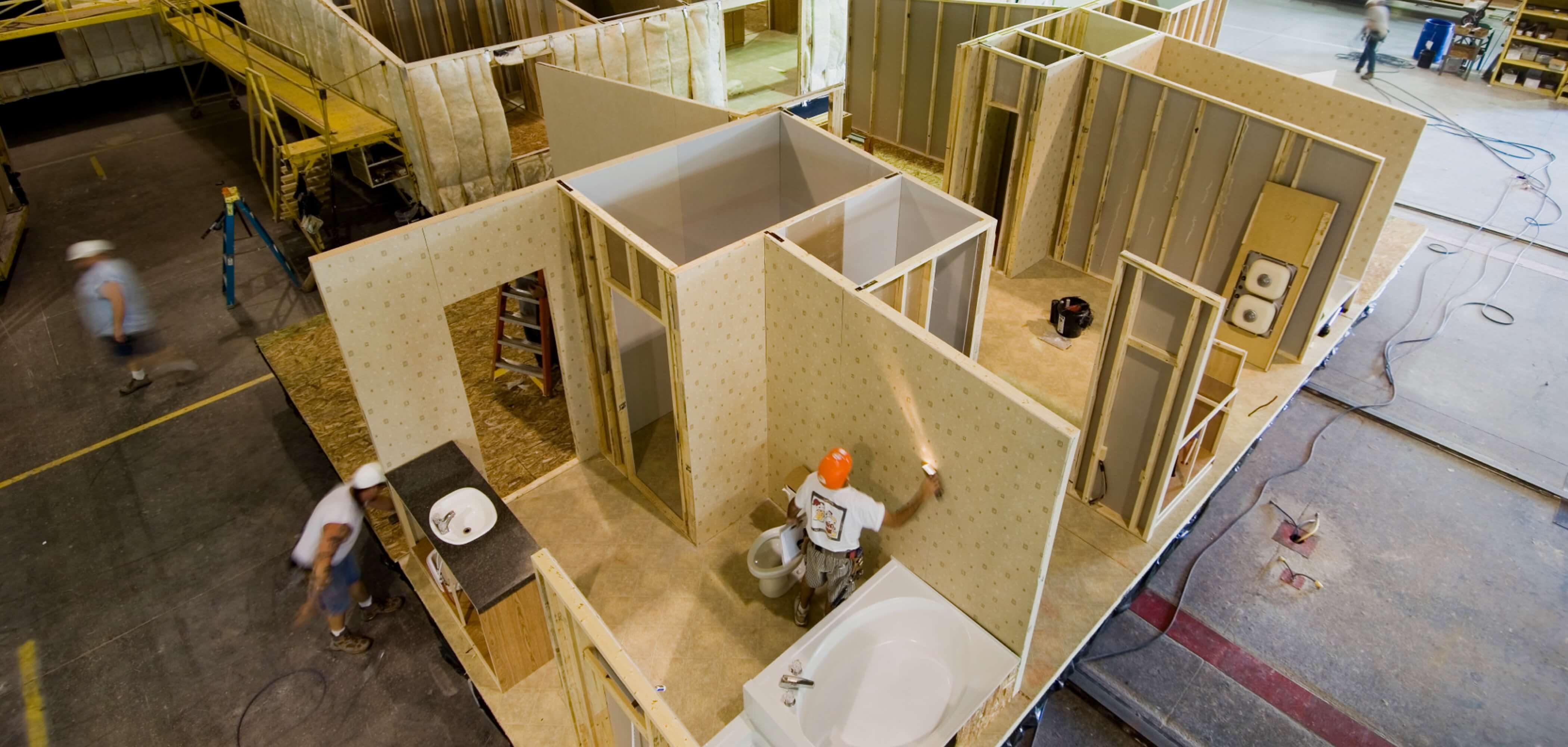A keystone in Next Step’s mission and work is energy-efficiency. This is why – when working with our network members – all of our factory-built homes meet ENERGY STAR® standards at minimum. One of the reasons our homes are ENERGY STAR-certified is simple math: homes that are energy-efficient mean less utility costs for homeowners and families. That is more money in their pockets, to help pay for basic necessities, health care for loved ones, or savings for a child’s education.
Another reason is that we believe in responsible environmental stewardship. That we should be dedicated to using the technology and resources that we can to foster cleaner, more efficient energy sources. Frustratingly, the Trump administration’s proposed budget seeks to eliminate effective programs that have helped, and can do much more to build a greener infrastructure. Cuts to the EPA, the elimination ENERGY STAR program, and lack of incentives for more energy-efficient housing are a step back for hard working American families, and for the manufactured housing industry.
Under the Trump administration’s proposed budget, the EPA faces a 32 percent reduction in federal funding. This equates to more than 3,000 EPA employees losing their jobs – creating a severe lack of capacity to aid state and local environmental programs. These programs are critical for providing clean drinking water and waste water management services for communities – rural communities in particular. As recently as this week, the Trump administration moved to eliminate the Clean Water Rule, which safeguards drinking water for one in three Americans.
Notably, the cuts to the EPA include elimination of the ENERGY STAR program. A brand recognized by 90 percent of American households, the program has helped families and businesses save $360 billion on utility bills, while reducing greenhouse gas emissions by 2.5 billion metric tons since 1992. Manufactured homes can be certified as ENERGY STAR after meeting the standards set by the program. It’s voluntary for manufacturers to meet these standards, but the impact of ENERGY STAR manufactured homes is tremendous. Working with a variety of stakeholders and partners, 463 new ENERGY STAR factory-built homes have been delivered through Next Step programs. These homes will contribute to more than $4 million in 30-year energy cost savings for homeowners, and have eliminated 856 tons of greenhouse gas emissions. ENERGY STAR homes can save homeowners upward of $30 a month on utility costs, a significant savings for many families in both rural and urban communities. Cutting such a well-recognized program – one that effectively saves money for families and businesses – is a tough move to defend.
Instead of damaging or destroying existing energy-efficiency programs for manufactured homes, the Trump administration should be investing in programs that have proven to work for both the industry and homeowners. Up until December 31, 2016, a federal tax credit of up to $2,000 was available for builders of all new energy-efficient homes. After being extended several times, the tax credit expired at the end of 2016. An incentive program administered by the Tennessee Valley Authority for manufacturers to create energy-efficient manufactured homes also recently ended. These incentive programs benefit the industry, homeowners and the environment – and the federal government should be setting precedent by investing more resources into these types of programs.
The Trump administration should be working to foster programs proven to save money for American families, and reduce our environmental footprint. Instead, it is taking actions that not only endanger sustainable homeownership opportunities, but derail progress made in shifting to a greener economy an infrastructure.
